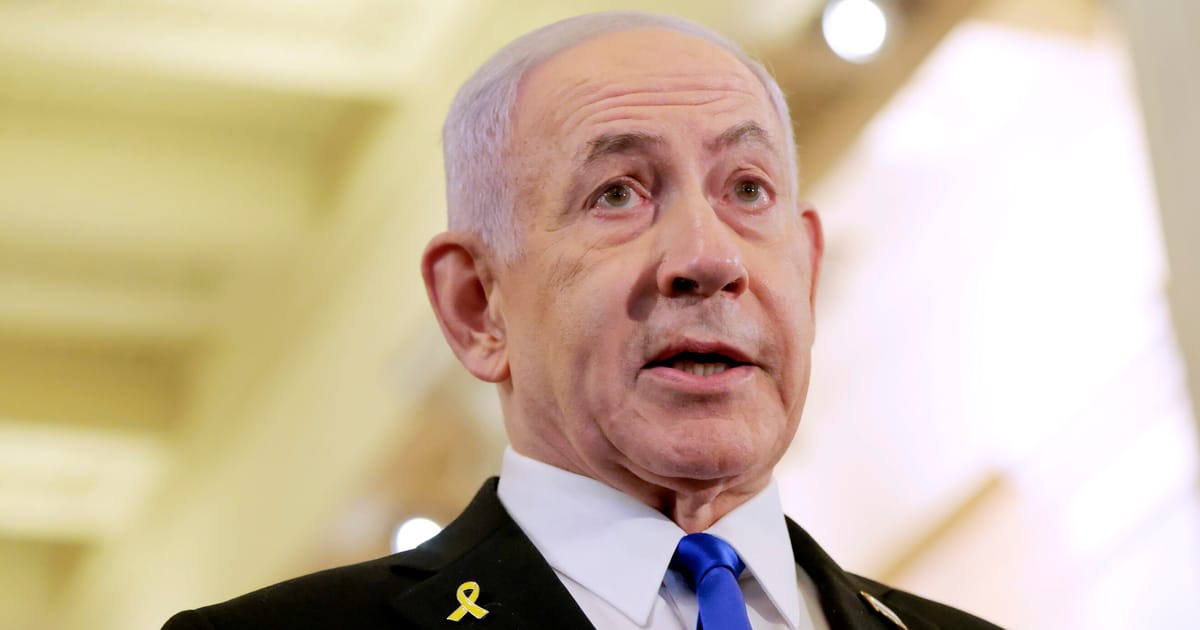

In recent developments bound to shape international relations, Israeli Prime Minister Benjamin Netanyahu has responded to British Prime Minister Keir Starmer’s pledge for Palestinian statehood with sharp criticism. Netanyahu accused Starmer of “appeasing” Hamas, underscoring the heightened sensitivity surrounding the ongoing conflict in Gaza. This exchange reflects the broader challenges facing leaders as they navigate complex geopolitical landscapes while advocating for peace.
Simultaneously, tensions have surged in Greece, where Israeli tourists are encountering increasing hostilities amidst protests. The Greek government is actively working to manage these tensions, indicating a commitment to maintaining order while respecting the right to protest. The situation underscores the pervasive influence of the Israel-Palestine conflict, which extends well beyond the immediate region, affecting international relations and prompting calls for dialogue and understanding.
In the European Union, a proposal to suspend Israel’s participation in the Horizon research program over the humanitarian crisis in Gaza has yet to gain unanimous backing. The EU’s deliberation underscores the delicate balance between taking a stand on human rights issues and maintaining collaborative international partnerships. This ongoing discussion within the EU reflects broader questions about accountability and ethical engagement in international arenas.
Turning to Eastern Europe, Ukraine continues to endure severe confrontations with Russian forces. A series of Russian airstrikes has resulted in a tragic loss of civilian life, with Ukrainian officials reporting numerous fatalities and injuries. The attacks, brought to attention by Ukrainian President Volodymyr Zelenskyy, reveal the ongoing humanitarian crisis and the urgent need for peace. U.S. influence has been invoked in this crisis, with former President Donald Trump pressuring Russia to work towards an agreement, setting a deadline of ten to twelve days.
The recent escalation in Ukraine is a poignant reminder of the fragile nature of regional stability and the human cost of prolonged conflict. It highlights the necessity for sustained international efforts to mediate peace, protect civilians, and address the underlying causes of hostility.
In a somber development, the West Bank has witnessed a significant outcry following the death of Palestinian activist Awdah Hathaleen. His death, associated with violence involving Israeli settlers, has provoked global condemnation and reflects deep-seated tensions in the region. The incident also raises questions about accountability and the protection of activists and civilians striving for justice amid ongoing conflict.
As governments, international organizations, and civil society worldwide call for accountability and peace, these unfolding events remind us of the interconnected nature of global challenges. Bridging divides, fostering dialogue, and committing to justice remain essential in facing the complexities of today’s geopolitical landscape.
In conclusion, the current international dynamics require concerted efforts towards peace, understanding, and collaboration. While challenges persist, the potential for positive outcomes remains, driven by a collective desire for stability and cooperation across nations.
Source: {link}
